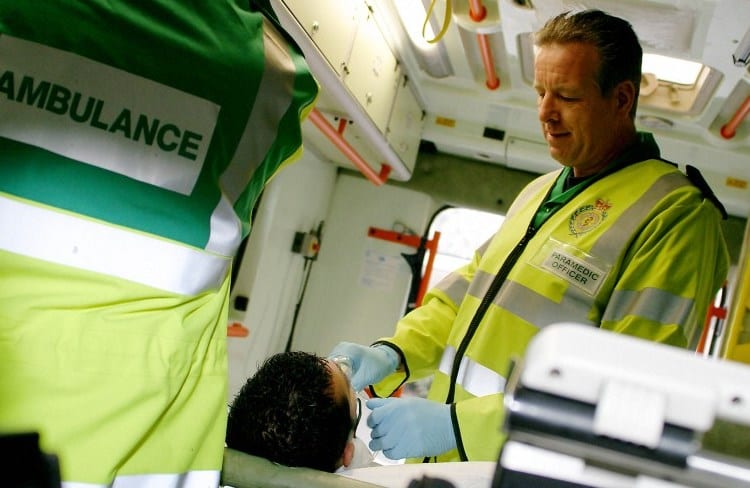Article on patient experiences of ambulance care published in Ambulance Today

An article entitled, ‘Feeling reassured: the glue that holds together patients’ experiences of ambulance service care’ was published in the autumn (September) issue of Ambulance Today. The article by Prof Niro Siriwardena and Fiona Togher, based on work undertaken as Continue reading Article on patient experiences of ambulance care published in Ambulance Today

